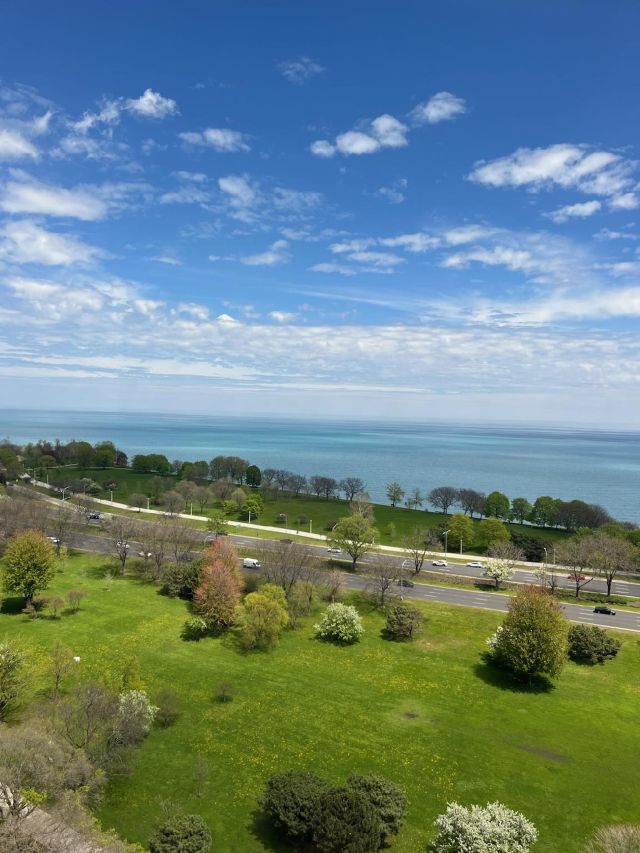End of legislative session leaves pile of dead bills in its wake
Published 1:00 pm Tuesday, March 10, 2020

- Oregon State Capitol Building in Salem.
SALEM — Disagreement and stalemate over a single bill has killed more than 200 pieces of legislation and left more than $665 million in requested state money on the table as the clock officially struck midnight on Oregon’s 2020 legislative session on Sunday night.
Bills representing solutions to a wide swath of problems facing everyday Oregonians, from curtailing the effects of harmful pesticides on farmworkers to bolstering Oregon State Police staffing will either have to wait another year or be taken up in special session.
The pile of dead legislation includes many Republican-sponsored proposals such as a bill that would have required schools to notify parents and guardians when their kids have been bullied or harassed, and another to freeze property taxes for seniors.
The end of the session leaves hundreds of millions of dollars sitting unused in the state’s coffers while residents, businesses, cities and counties grapple with issues that require the legislative help. That includes:
• $45 million to help more than 10,000 Oregonians struggling with housing insecurity and homelessness throughout the state (House Bill 4001), and $5 million to bolster home ownership among communities of color (HB 4003).
• $51 million expected to be allocated to the Oregon Department of Forestry to help stabilize operations and prepare for the wildfire season (HB 5204), as well as another $25 million specifically for projects to lessen fire and smoke impact on Oregon communities (Senate Bill 1536).
• $15 million to fund a request from the Oregon Health Authority to support community-based behavioral health clinics — $13.4 million to address problems with the process for criminal defendants found unfit to stand trial, $600,000 to analyze supply and demand of behavioral health workers and another $300,000 to identify gaps in service and barriers for those seeking mental health treatment (HB 4031).
• $25 million for increased support of county parole offices, as well as another $20 million to help public defenders and $3 million for centers that advocate on behalf of abused children
• $7.5 million for the completion of Oregon’s early earthquake warning system (HB 5204), and $12 million in flood relief for the Umatilla Basin, and $2 million to assess dam safety.
• $53 million in funding for local projects such as drinking water in Salem, a community center in Woodburn, creation of the Willamette Falls Locks commission, riverfront improvements in Eugene, rail line upgrades in Lake County, water district improvements in Lyons, a pedestrian bridge in Sherwood and highway planning in Tigard.
The session’s end also blows up a landmark deal between timber and environmental interests. That deal relied on a bill that would have tightened how the logging industry sprays pesticides by air and required companies and landowners to notify neighbors.
Gov. Kate Brown brokered the historic deal, and according to spokeswoman Kate Kondayen, she plans to seek other avenues to keep the deal alive .
Lawmakers could convene later this year for a special session. A majority in each chamber is required to designate an emergency to convene a special session. The governor can also call to convene one. But Brown is reluctant to do so unless legislative leaders come up with a “functioning” plan, she said.
Senate President Peter Courtney, D-Salem, said Thursday that he would want to wait at least a month before meeting in a special session. He and House Speaker Tina Kotek met Monday to dole out $24.2 million in emergency funding for various situations currently facing the state, including $11.5 million for flood relief in the Umatilla Basin and $5 million for the state’s response efforts to the ongoing outbreak of COVID-19.
Here are some other key bills that got the shaft when the session ended:
• HB 4109: A phase out and eventual ban on all products containing chlorpyrifos, an ingredient in pesticides that combats a large list of insects but has been found particularly hazardous to young children and pregnant women.
• SB 1503: Specified that someone can be charged with DUII if their blood-alcohol level is above the legal level two hours after driving. The bill came after the Oregon Supreme Court overturned a drunk driving conviction because the Breathalyzer test was taken two hours after a man was pulled over.
• SB 1545: Would have provided money to increase staffing and directed the state police to maintain staffing levels of at least 15 patrol troopers per 100,000 residents by 2030.
• HB 4065: Would no longer allow courts to suspend licenses as a penalty for not paying fines.
• SB 1520: Would have provided about 120,000 additional Oregon public school students with free breakfast and allowed public schools to get state dollars for summer programming in time for the summer term, rather than on July 1.






